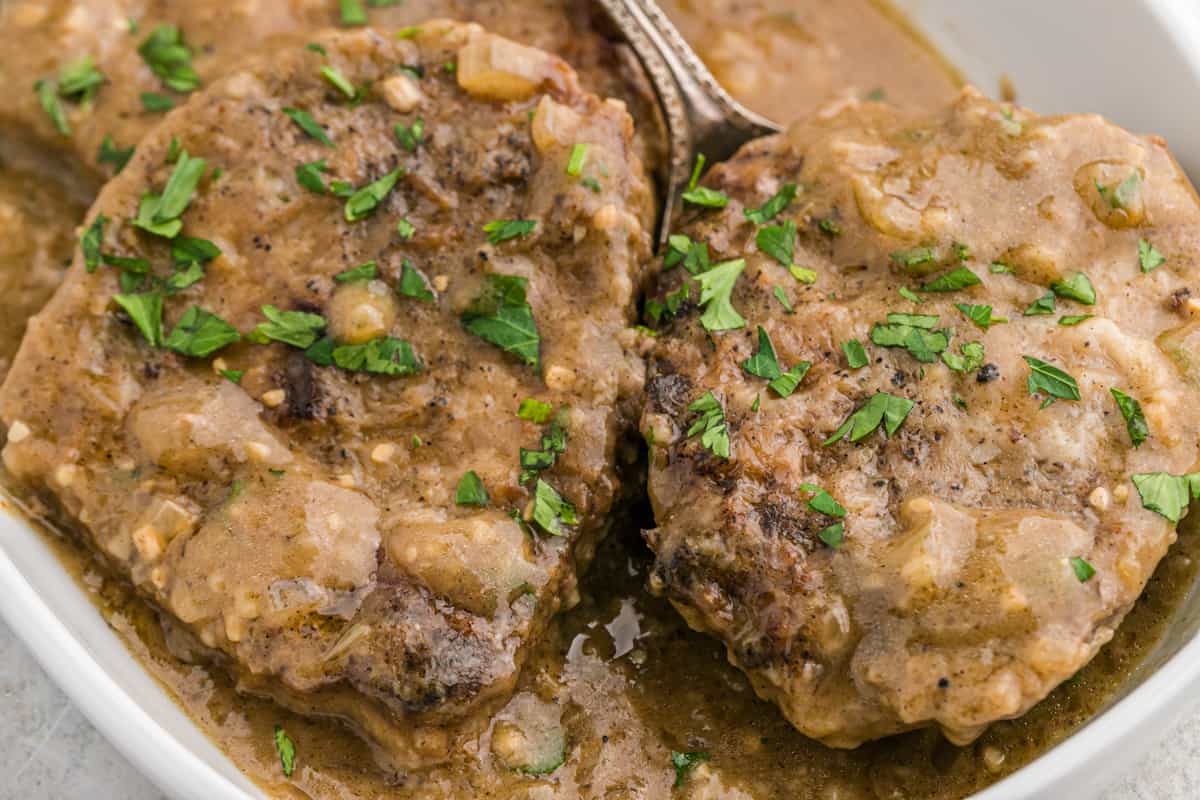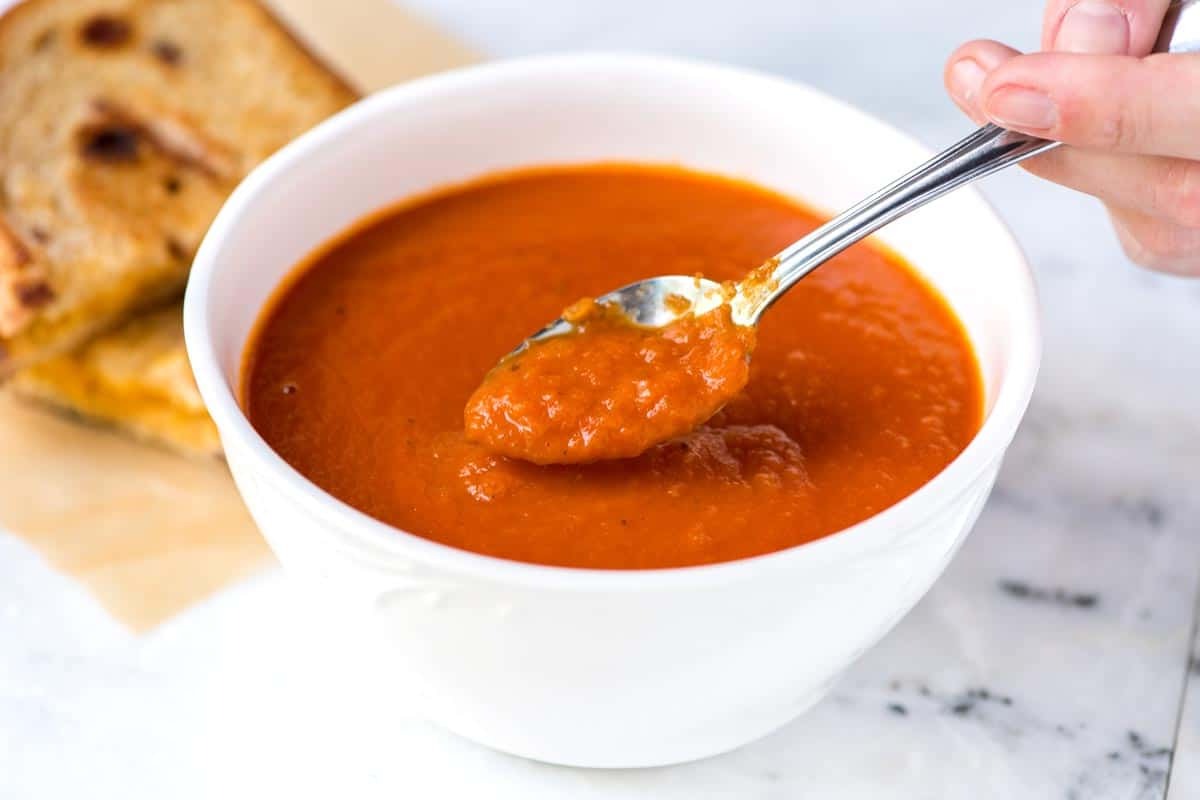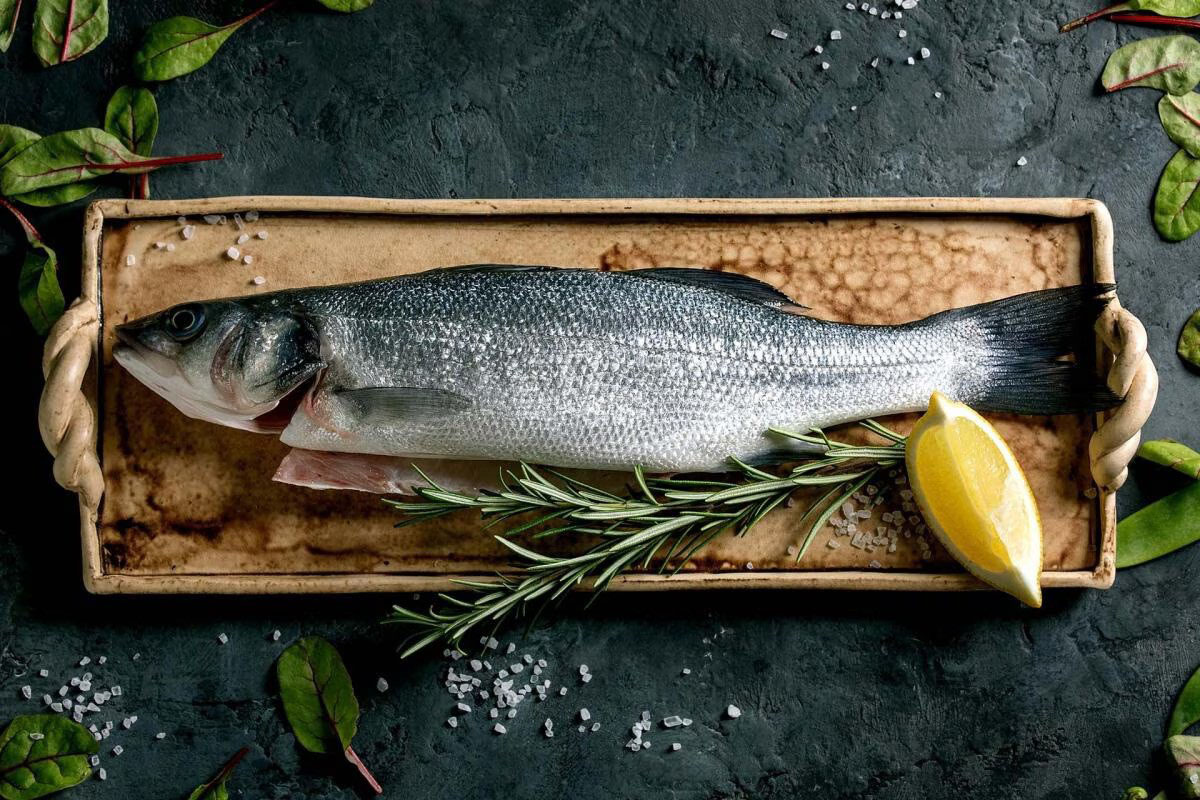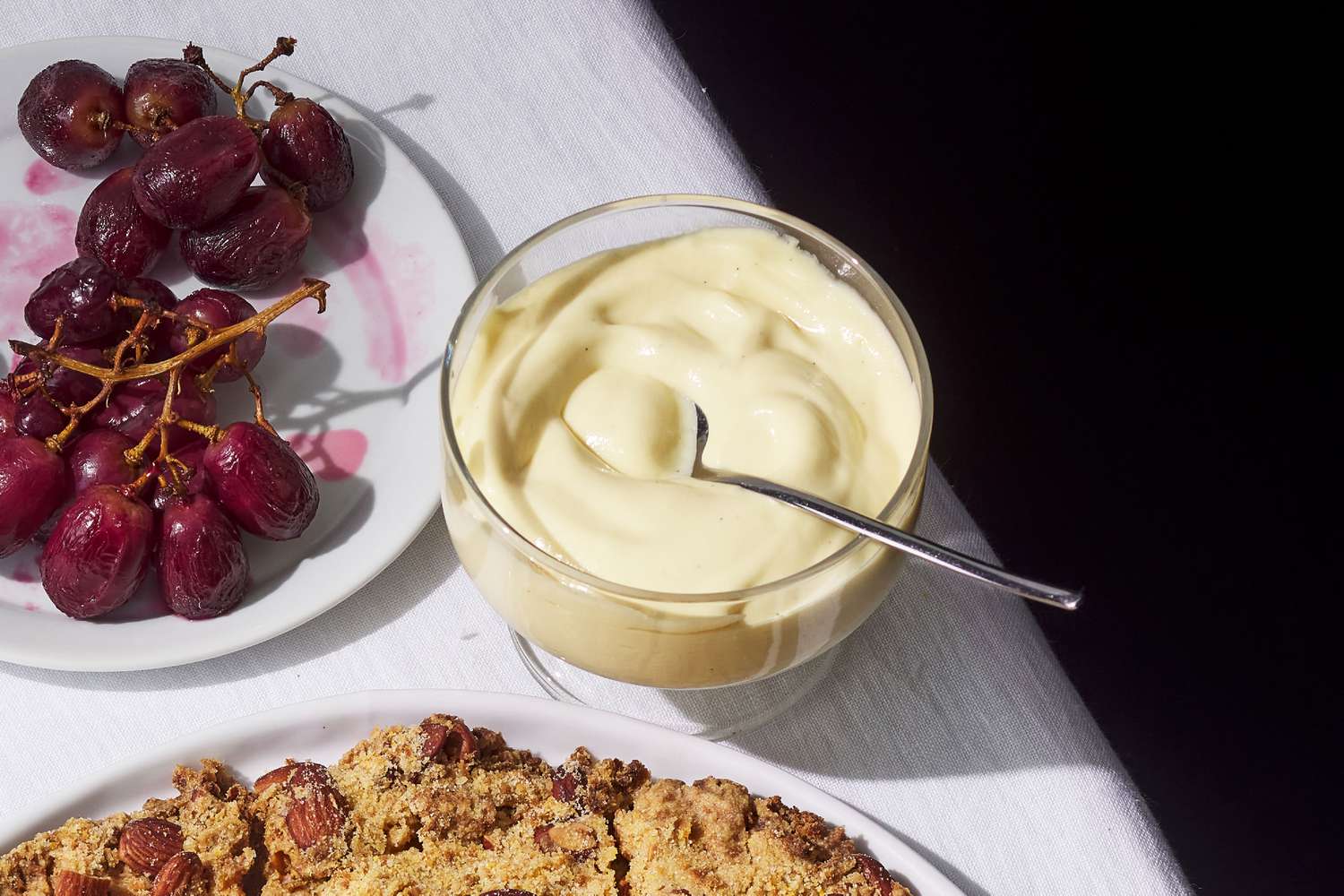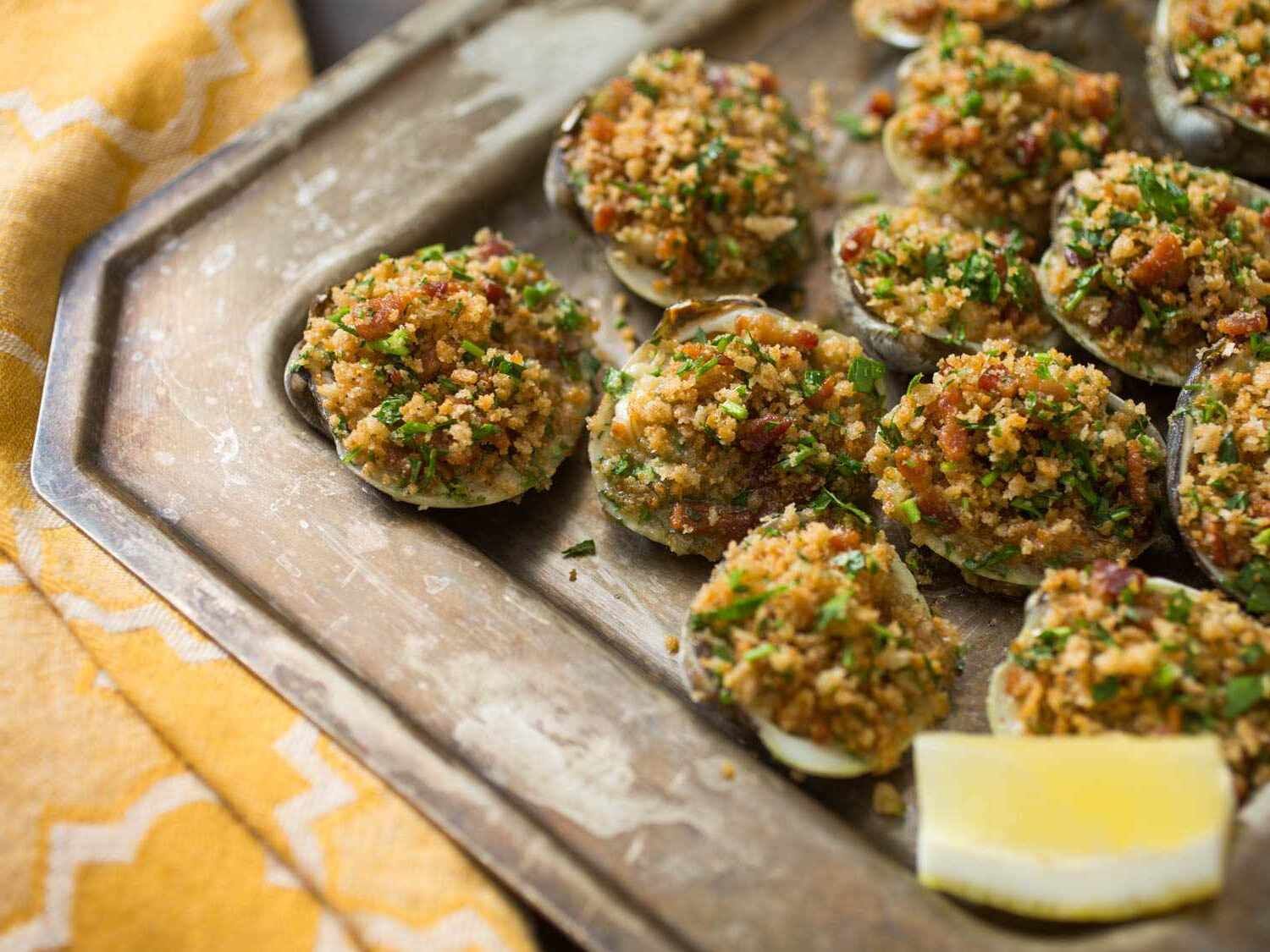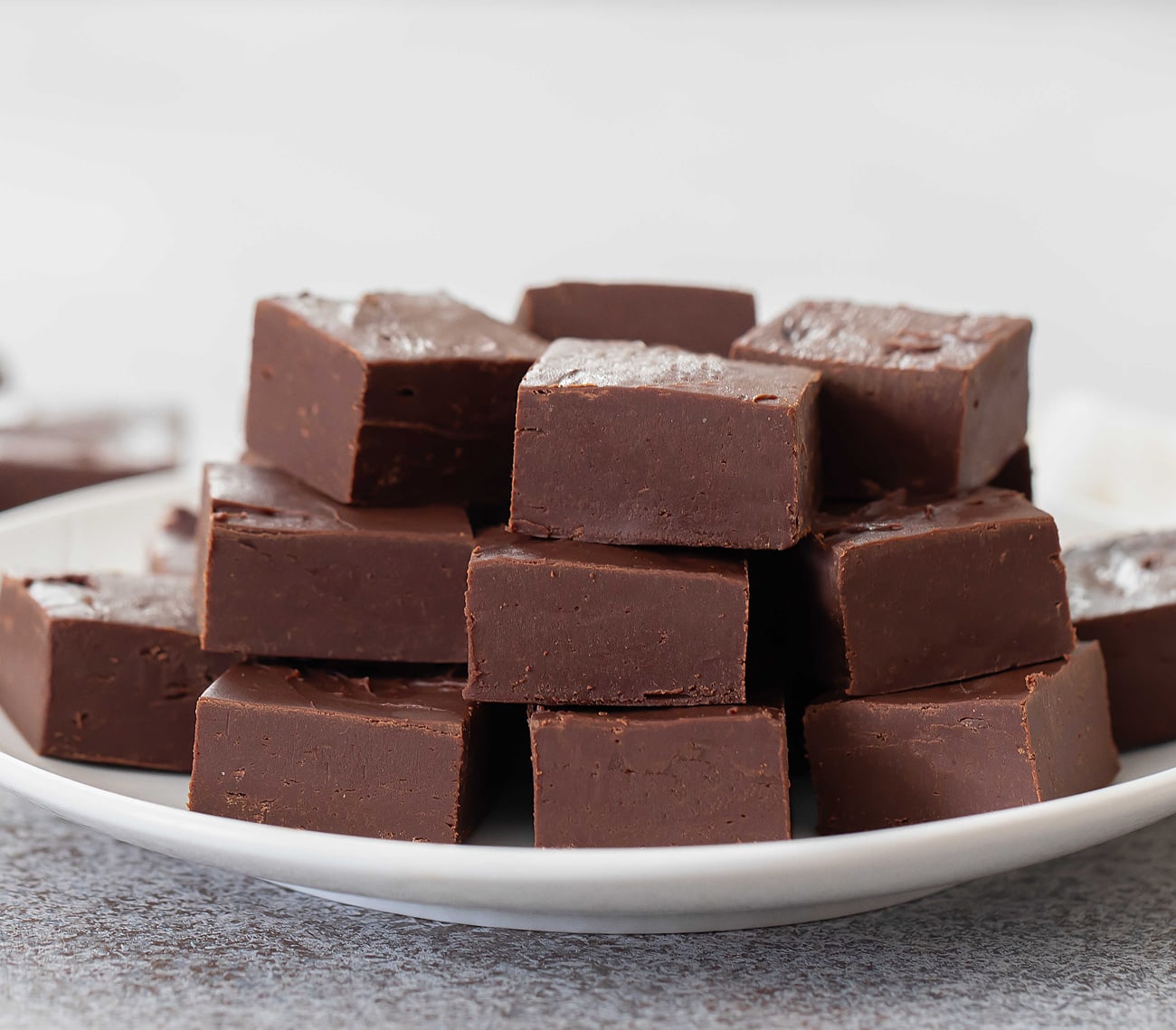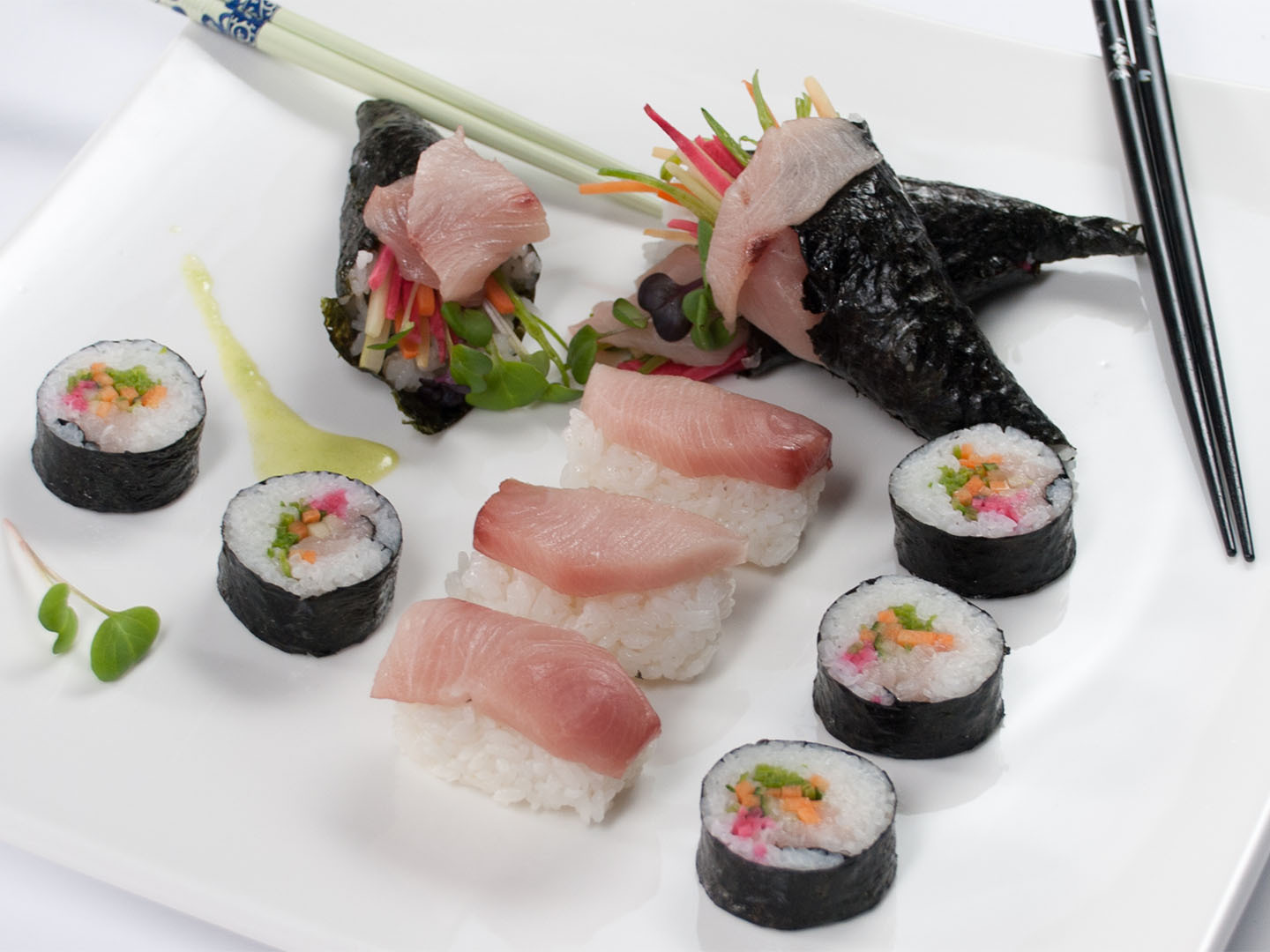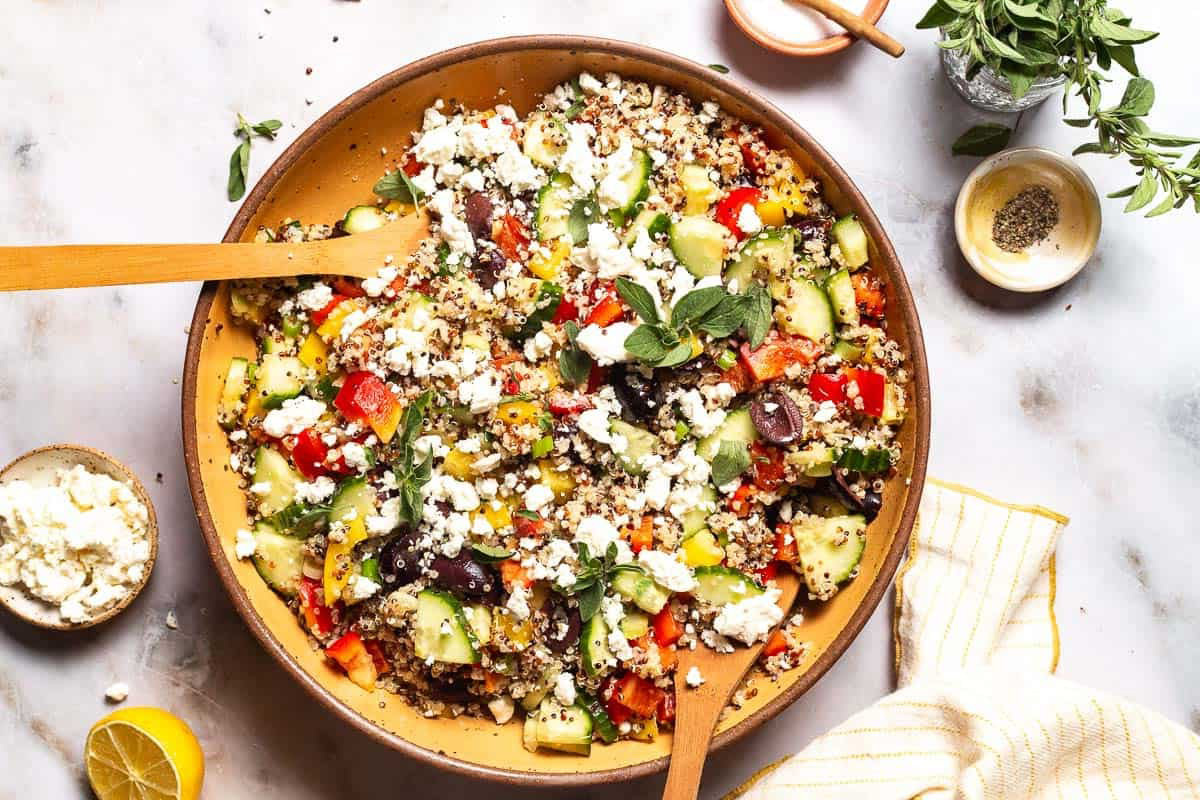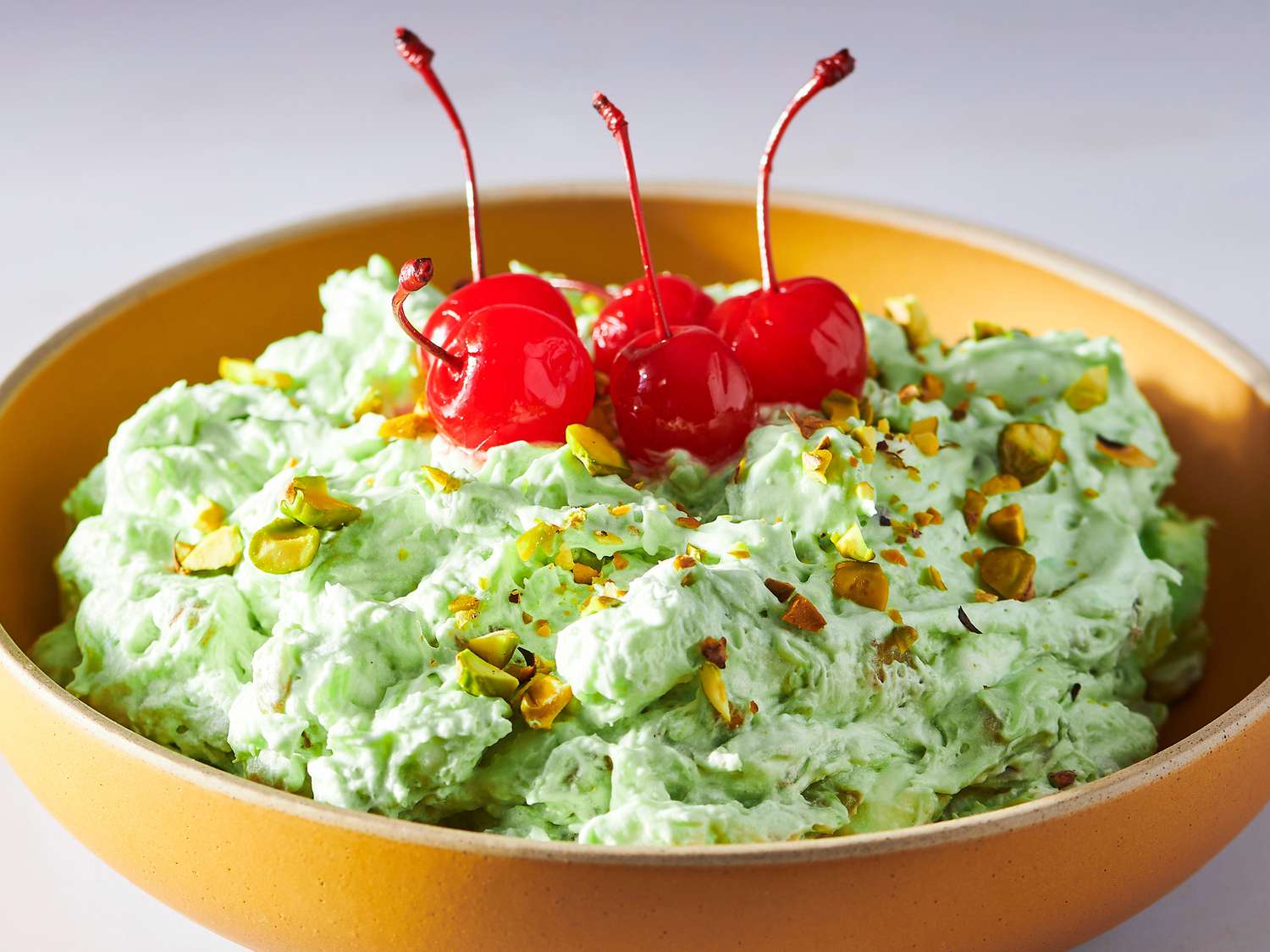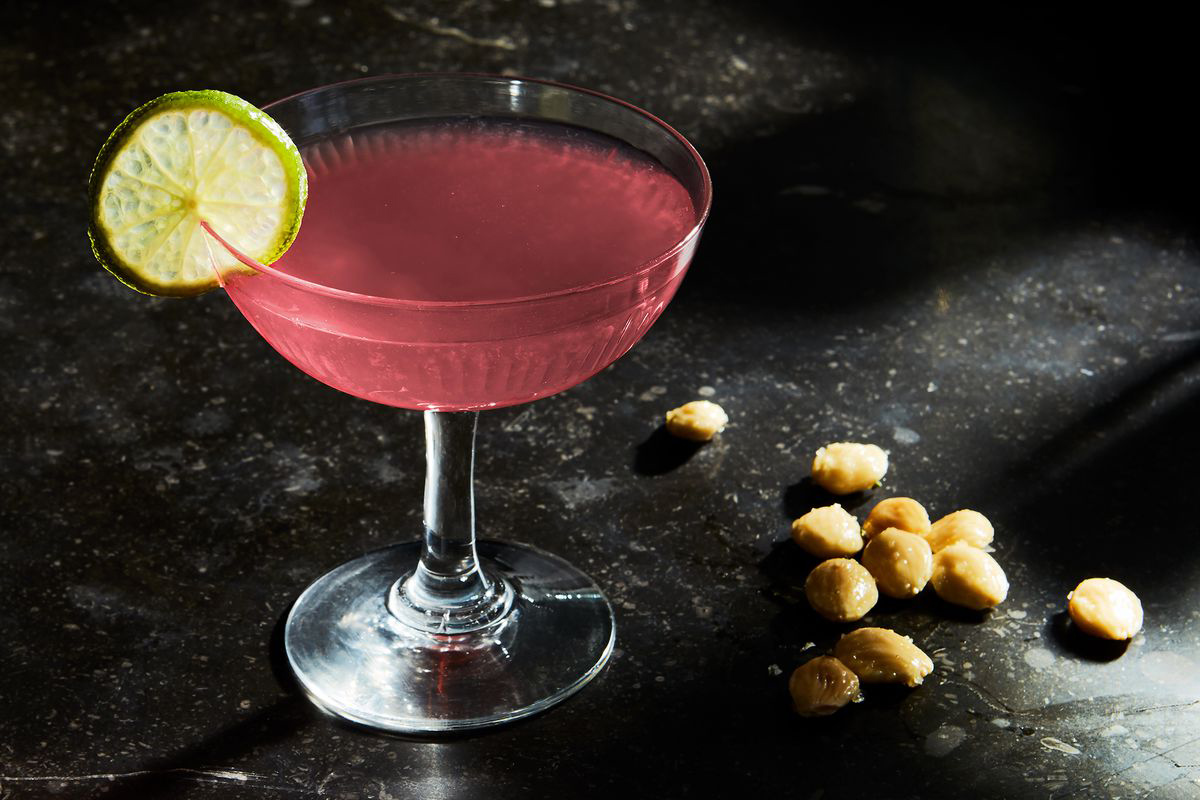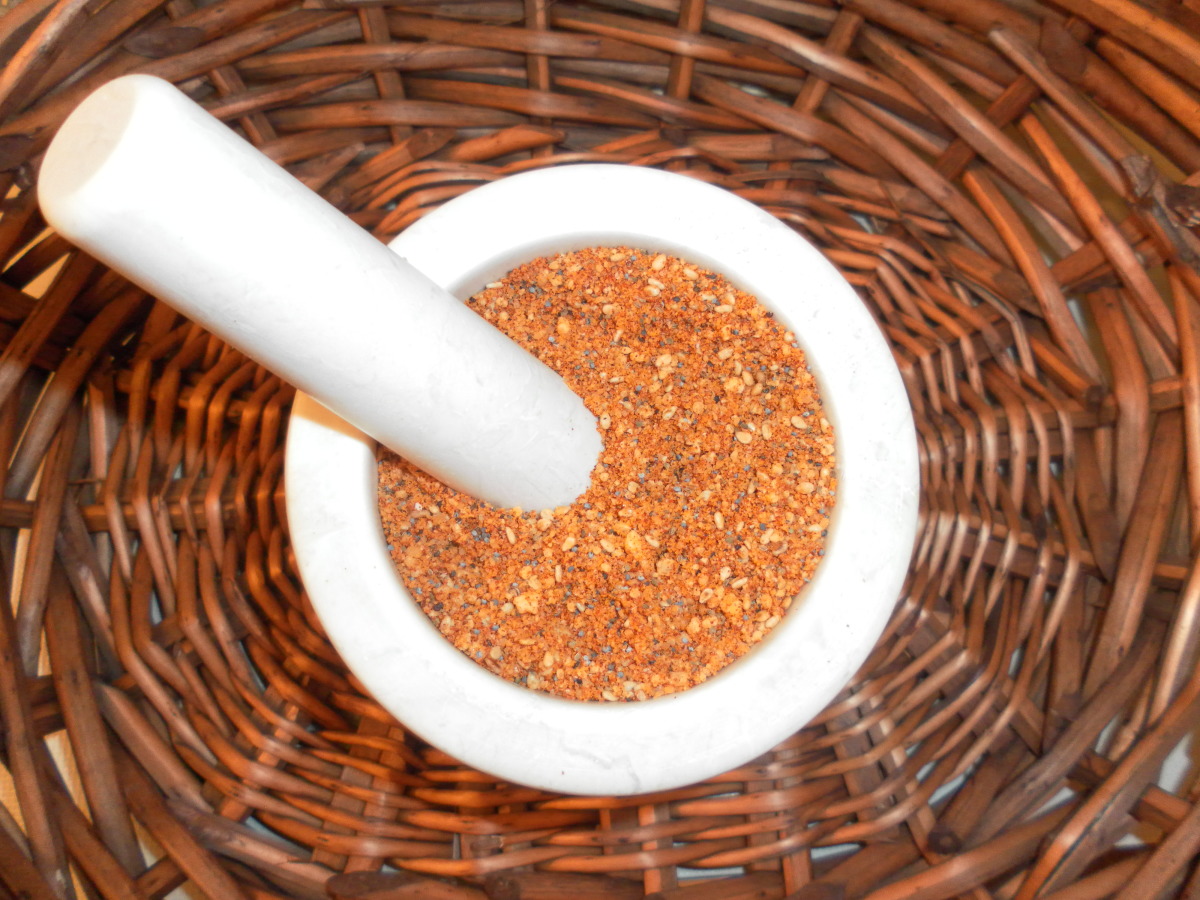Discovering the Delightful World of Haydari
Have you ever heard of haydari? If not, you’re in for a treat! Haydari is a delicious and creamy Turkish yogurt dip that is bursting with flavor and is incredibly versatile. Whether you’re a fan of Mediterranean cuisine or simply love trying new and exciting dishes, haydari is a must-try for any food enthusiast.
The Origins of Haydari
Haydari has its roots in Turkish cuisine, where it is a beloved and traditional dish. The name “haydari” is derived from the word “haydar,” which means “brave” in Turkish. This bold and flavorful dip certainly lives up to its name, as it is known for its rich and zesty taste that is sure to tantalize your taste buds.
What Is Haydari Made Of?
Haydari is primarily made from thick and creamy yogurt, which serves as the base of the dip. To this, garlic, fresh herbs such as dill and mint, and a drizzle of olive oil are added to create a harmonious blend of flavors. The addition of lemon juice provides a refreshing citrusy kick, while a pinch of salt and pepper rounds out the taste, resulting in a dip that is both tangy and savory.
How to Enjoy Haydari
Haydari can be enjoyed in a variety of ways, making it a versatile addition to any meal. Here are some popular ways to savor this delectable dip:
- As a dip for fresh vegetables such as carrots, cucumbers, and bell peppers
- Spread on warm pita bread or as a topping for flatbreads
- Accompaniment to grilled meats such as kebabs or lamb
- As a flavorful addition to sandwiches or wraps
Whether you’re hosting a gathering or simply looking to elevate your everyday meals, haydari is a fantastic choice for adding a burst of flavor to any dish.
Health Benefits of Haydari
Aside from its incredible taste, haydari also offers several health benefits. Yogurt, the main ingredient in haydari, is packed with probiotics that promote gut health and aid in digestion. Additionally, the garlic in haydari is known for its immune-boosting properties, while the herbs and olive oil provide essential nutrients and antioxidants.
Creating Your Own Haydari
If you’re feeling inspired to whip up a batch of haydari at home, you’re in luck! This delightful dip is incredibly easy to make and requires just a few simple ingredients. By combining yogurt, garlic, herbs, and a few other key components, you can enjoy the fresh and vibrant flavors of homemade haydari in no time.
Whether you’re a seasoned cook or just starting out in the kitchen, experimenting with haydari is a fun and rewarding culinary experience that is sure to impress your friends and family.
Final Thoughts
Haydari is a true gem of Turkish cuisine, offering a delightful combination of creamy texture and bold flavors. Whether you’re enjoying it as a dip, spread, or accompaniment to a main dish, haydari is a versatile and delicious addition to any meal. So, the next time you’re looking to add a touch of Mediterranean flair to your dining experience, be sure to give haydari a try!
Was this page helpful?
Read Next: What Is Hungarian Goulash

